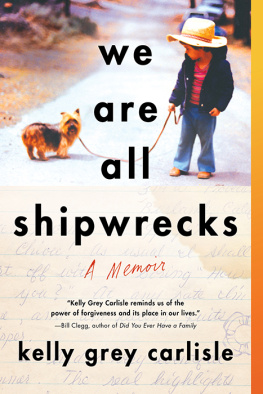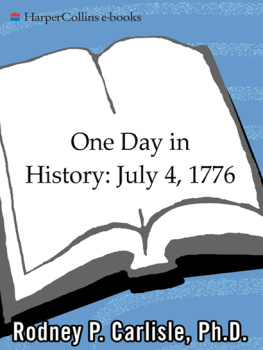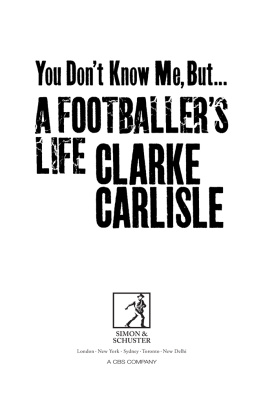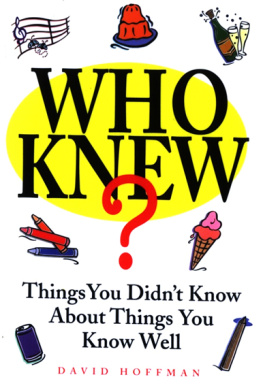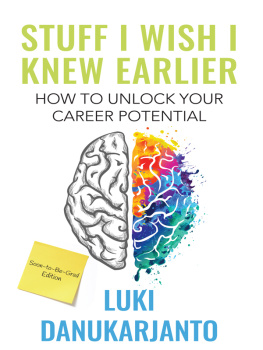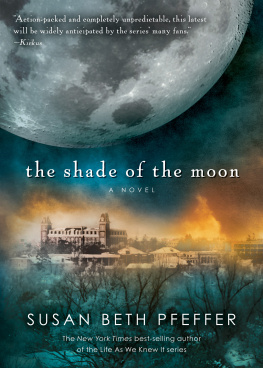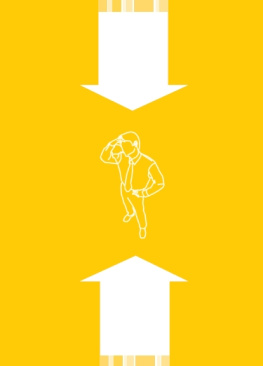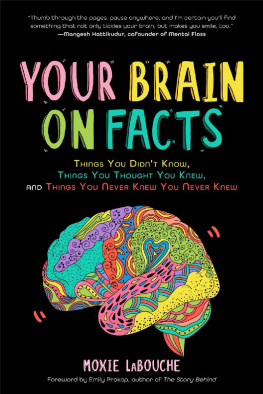Copyright 2017 by Kelly Grey Carlisle
Cover and internal design 2017 by Sourcebooks, Inc.
Cover design by Lisa Amoroso
Cover images Caryn Drexl/Arcangel Images, Eky Studio/Shutterstock Images, mindy77/Shutterstock
Sourcebooks and the colophon are registered trademarks of Sourcebooks, Inc.
All rights reserved. No part of this book may be reproduced in any form or by any electronic or mechanical means including information storage and retrieval systemsexcept in the case of brief quotations embodied in critical articles or reviewswithout permission in writing from its publisher, Sourcebooks, Inc.
This book is a memoir. It reflects the authors present recollections of experiences over a period of time. Some names and characteristics have been changed, some events have been compressed, and some dialogue has been re-created.
All brand names and product names used in this book are trademarks, registered trademarks, or trade names of their respective holders. Sourcebooks, Inc., is not associated with any product or vendor in this book.
Published by Sourcebooks, Inc.
P.O. Box 4410, Naperville, Illinois 60567-4410
(630) 961-3900
Fax: (630) 961-2168
sourcebooks.com
The Library of Congress has cataloged the hardcover edition as follows:
Names: Carlisle, Kelly Grey, author.
Title: We are all shipwrecks : a memoir / Kelly Grey Carlisle.
Description: Naperville : Sourcebooks, [2017]
Identifiers: LCCN 2016040632 | (hardcover : alk. paper)
Subjects: LCSH: Murder--California--Case studies. | Daughters--California--Case studies.
Classification: LCC HV6533.C2 .C37 2017 | DDC 362.88/13092 [B] --dc23 LC record available at https://lccn.loc.gov/2016040632
Contents
For Milly and Callie
Life is a shipwreck, but we must not forget to sing in the lifeboats.
Peter Gay (often attributed to Voltaire)
Prologue
The Yankee Whaler
Brunch at the Yankee Whaler was a big deal in our family. The Yankee Whaler was a restaurant on a boat at Ports OCall, a tourist-trap-cum-old-time-New-England-fishing-village in the Los Angeles Harbor. We went once or twice a year. My grandfather, Richard, would wear a tiehis Old Etonian; his second wife, Marilyn, would wear a dress instead of slacks; and I would wear my Easter dress with white sandals. Marilyn would order mimosas or champagne cocktails, a sugar cube trailing silver bubbles down the long flute, and my grandfather and I would drink Shirley Temples or virgin pia coladas. I loved going there because I could stare out the window while I ate and watch the hulking container shipsMatson Line or Evergreenglide by on the Main Channel, pulled along by scrappy little tugs. I loved the tug boats, how their sides were covered in tires that looked like big, black zeros, how they chirped and barked at each other with their shrill whistles, the thunder from their massive engines vibrating through the water and up through the restaurants floor, sending my bones all aquiver. Sometimes a sea lion would swim by on its way to a buoy, or a line of pelicans might skim along the waters surface, looking for fish. Once in a while a true motor yacht would come along, all white paint and varnished teak and shining chrome, and my grandfather would make guesses as to its make, vintage, and owner. That was the kind of boat my grandfather had hoped to buy, but hed had to settle for the Intrepid , a secondhand Coast Guard cutter, currently a stripped-down hull sitting under a blue tarp at Donahues Marina.
But on the day when we waited for Detective Varney to join us at our table, we didnt sip coladas and mimosas. The channel was empty as I stared out the window; a lone seagull circled lazily above the dark water. I was eight. I had my report cards from school clutched in my lap: a stack of thin, stapled blue booklets marked Carnet Mensuel on the front, my grades handwritten in cursive inside. They were good report cards. I was proud of them. My grandfather had told me to bring them to show the detective. My dress was stiff, and its tag scratched the back of my neck. The glass goblets of ice water on our table sweated. I took a small sip from one, careful not to spill, then put it back, precisely over the water ring on the white cloth. My mouth was soon dry again.
When the waiter showed him to his seat, Detective Varney shook my grandfathers plump hand and patted his back, as if they were old friends. This puzzled me because Id never met the detective before. He shook Marilyns hand, and when he saw me standing beside the table, Detective Varney grinned. He stooped down to put his hands on my shoulders. His tie grazed my nose.
You sure did grow up to be a pretty little girl, now, didnt you? Last time I saw you, you were just a bitty thing. He held his hands a foot or so apart to show me.
My mother had been murdered when I was three weeks old. This was the detective whod found me nestled in a pulled-out dresser drawer in a Hollywood motel room. My grandfather had explained these things to me a few weeks before, the first time Id ever heard the truth about her death.
When I remember that day and Detective Varney, I picture Dennis Franz from NYPD Blue balding, kind of pudgybut I know that isnt right. A portrait from the beginning of Detective Varneys career in the sixties shows an attractive man, clean-shaven, with intense eyes and full lips. In newspaper pictures from the Hillside Strangler investigation in 1977, he is tall and thin and sports a plaid coat and thick mustache. He is older than in the first picture, a little stooped as he walks next to Kenneth Bianchi, but still handsome and distinguished.
The adults began to talk about the detectives family, retirement, boats. I listened quietly. I used my best table manners, holding my fork the English way, taking small bites.
Halfway through lunch, Marilyn nudged my arm gently and whispered, Dont forget to show Mr. Varney your report cards.
Yes, said my grandfather in his English accent, not whispering. She goes to a Frog school. Le Lye de something-something. In Redondo Beach. What is it, love?
Le Lye Franais de Los Angeles, I said softly. Speaking French embarrassed me. I hoped he wouldnt ask me to say it again.
Yes, thats it. Shes doing very well there. They teach her French.
Id placed the stack of report cards to the side of my plate when our food came, and now I pushed them across the white cloth to Detective Varney. He took them and glanced over each one, his glasses pulled slightly down his nose. He nodded and smiled. Very good.
I smiled back. I wanted him to like me because somehow I felt as if he were connected to my mother, as if hed known her. I was about to ask him what she had been like, but then it occurred to me: theyd never actually met.
I thought I should ask him questions about her murder. I looked out the window and tried to think of some while the adults resumed their conversation, but I couldnt come up with any. I already knew the answer to the most important ones anyway.
A red and white Catalina Cruises boat came by, headed back to the terminal. It was almost empty; you could see through its windows to the other side of the channel.
Who killed her? No one really knew. My grandfather had explained this to me. How had she been killed? I knew that too. Shed been strangled. Why shed been killed didnt seem as important, and who could answer that question anyway? Why did people die? They just did. People died all the time. Other questions seemed excessive, nosylike the people who slowed down to stare at car crashes on the 405.

